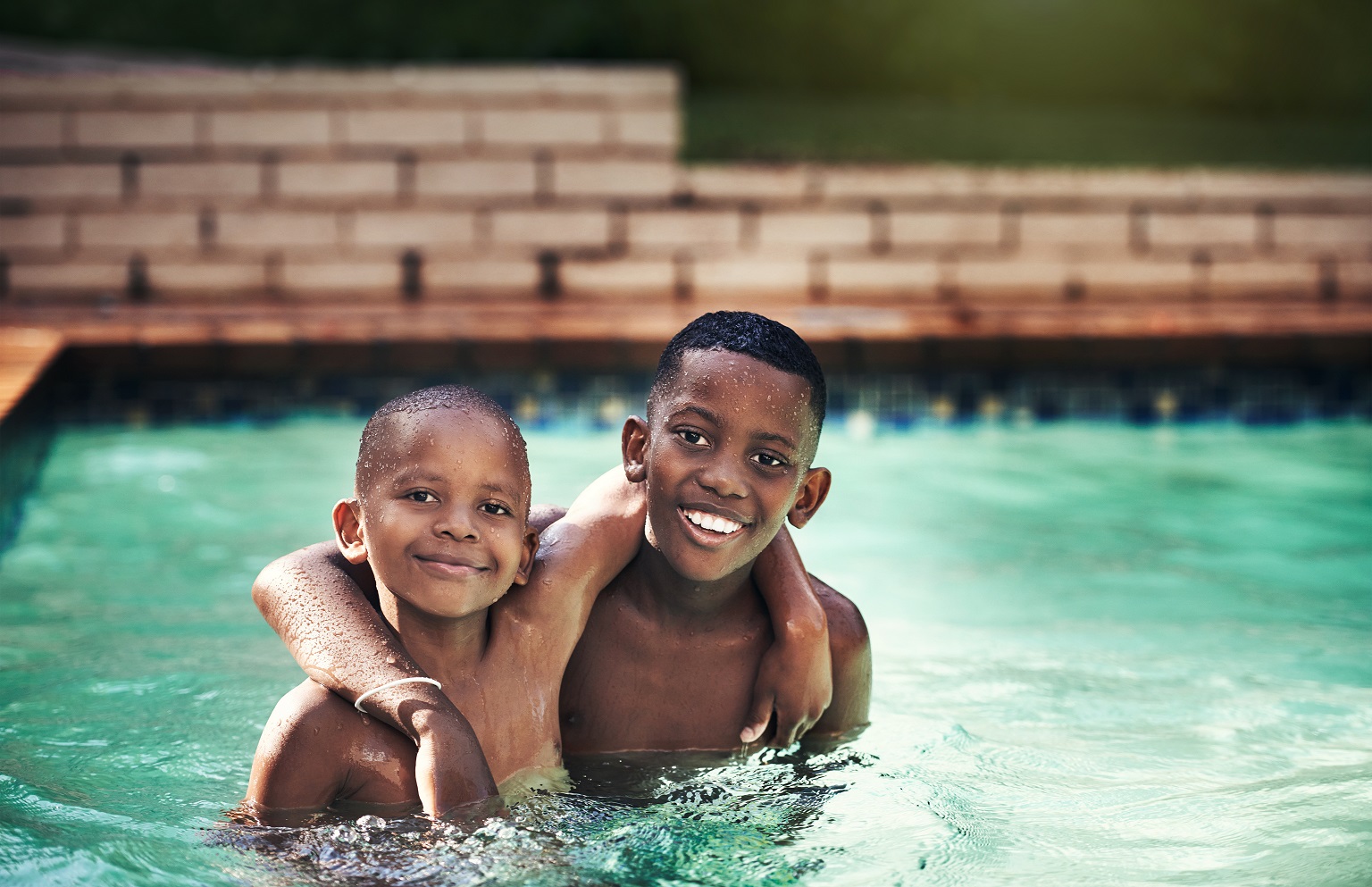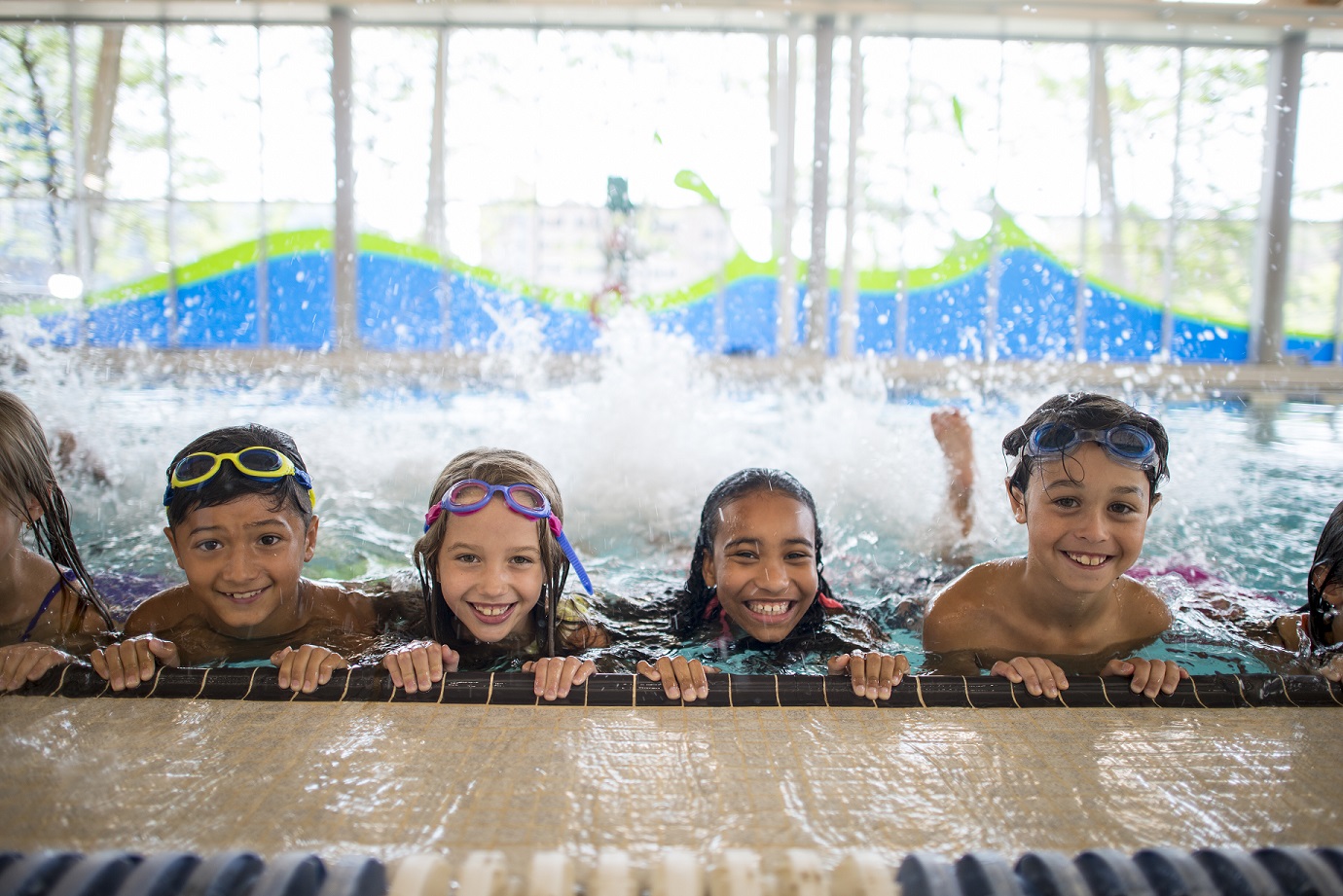According to longtime Pool Safely collaborator Water Safety USA, water competency means being able to anticipate, avoid, and survive common drowning situations, as well as recognizing and aiding those in need. It includes water skills, water smarts and helping others.
Why is water competency important? Because drowning is still a leading cause of death, particularly among children ages 1-4. By following some simple safety steps, and increasing your water competency, you can stop the preventable tragedy of drowning.

How Can You Improve your Water Skills?
Learn to swim safely and make sure all children and adults master essential swimming skills, such as knowing how to enter and exit the water, float, tread water, and swim a short distance. Did you know that when children lack strong swimming skills, drownings and close calls are eight times more likely? Additionally, if a parent does not know how to swim, there is only a 13 percent chance that a child in that household will learn how to swim. To keep everyone in your family safer, ensure everyone – not just kids – have minimum swimming abilities.
How Can You Be Water Smart?
Being water smart includes wearing a U.S. Coast Guard-approved life jacket when needed. It is also about implementing layers of protection and enforcing ground rules, such as no horseplay, to ensure everyone is safer in and around the water. Furthermore, parents and caregivers should gain basic water safety knowledge and coach their children, and closely supervise those not old enough to recognize and avoid hazards, dangerous situations, and risky behaviors. ?
How Can You Help Others?
It is paramount that you or your loved ones never swim alone, regardless of swimming ability or water competency. Everyone should always swim under general supervision, such as lifeguards and Water Watchers, who are not using their phones or otherwise distracted.
In addition, enroll in CPR classes. CPR saves lives! Did you know that if someone can immediately provide CPR to a person in need, it can double – or even triple – a victim’s chance of survival? Bystanders are often the first people available to aid a drowning victim, especially a child. So learning CPR is a critical skill for becoming a competent Water Watcher.
Finally, visit Water Safety USA for the full check list of water competency measures to discuss and learn as a family to ensure everyone stays safer in and around the water. You don’t need warm weather to increase your water competency; each day is a new opportunity to #PoolSafely365.


